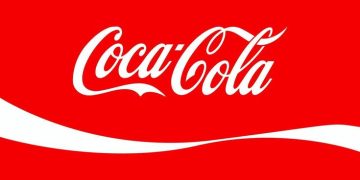India’s Ministry of Environment, Forest and Climate Change has mandated that, starting April 1, 2025, all beverage manufacturers must incorporate at least 30% recycled polyethylene terephthalate (rPET) in their rigid plastic packaging, such as PET bottles. This requirement will increase by 10% annually, reaching 60% by the fiscal year 2028-2029.
The policy aims to promote the recycling of plastic bottles into new ones, thereby reducing environmental waste. For consumers, this initiative may lead to slightly higher prices in the short term, as companies could pass on some of the estimated 30% cost increase. However, the long-term benefits include a significant reduction in plastic pollution in public spaces and waterways. Additionally, the policy is expected to spur innovation in packaging, with companies exploring alternatives such as biodegradable or plant-based materials.
Despite its environmental benefits, the mandate poses significant challenges for the beverage industry. Currently, the Food Safety and Standards Authority of India (FSSAI) has authorized only a limited number of plants to produce food-grade recycled PET, with a combined capacity meeting just 15% of the average demand. This shortfall may compel companies to import recycled plastic, potentially increasing costs and undermining the policy’s objective of boosting domestic recycling.
Industry leaders have expressed concerns about meeting the stringent deadlines. An executive from a leading beverage company noted, “We will be forced to import recycled plastic to meet the 30% content obligation, which will be very expensive. Also, this will defy the very objective of these regulations, which is to ensure more and more plastic gets recycled within the country.”
Some companies are contemplating legal action to seek extensions or modifications to the mandate. An unnamed executive mentioned, “We may have to take legal recourse and take anticipatory stay if the deadline is not extended. The timing is bad, ahead of peak summer. We are investing in capacity, but capacity increases are two-three years away.”
While the policy pushes beverage giants toward more sustainable practices, it underscores the need for substantial investment in recycling infrastructure and regulatory support to ensure a smooth transition. The coming years will be critical in determining how effectively the industry can adapt to these environmental imperatives.

























































